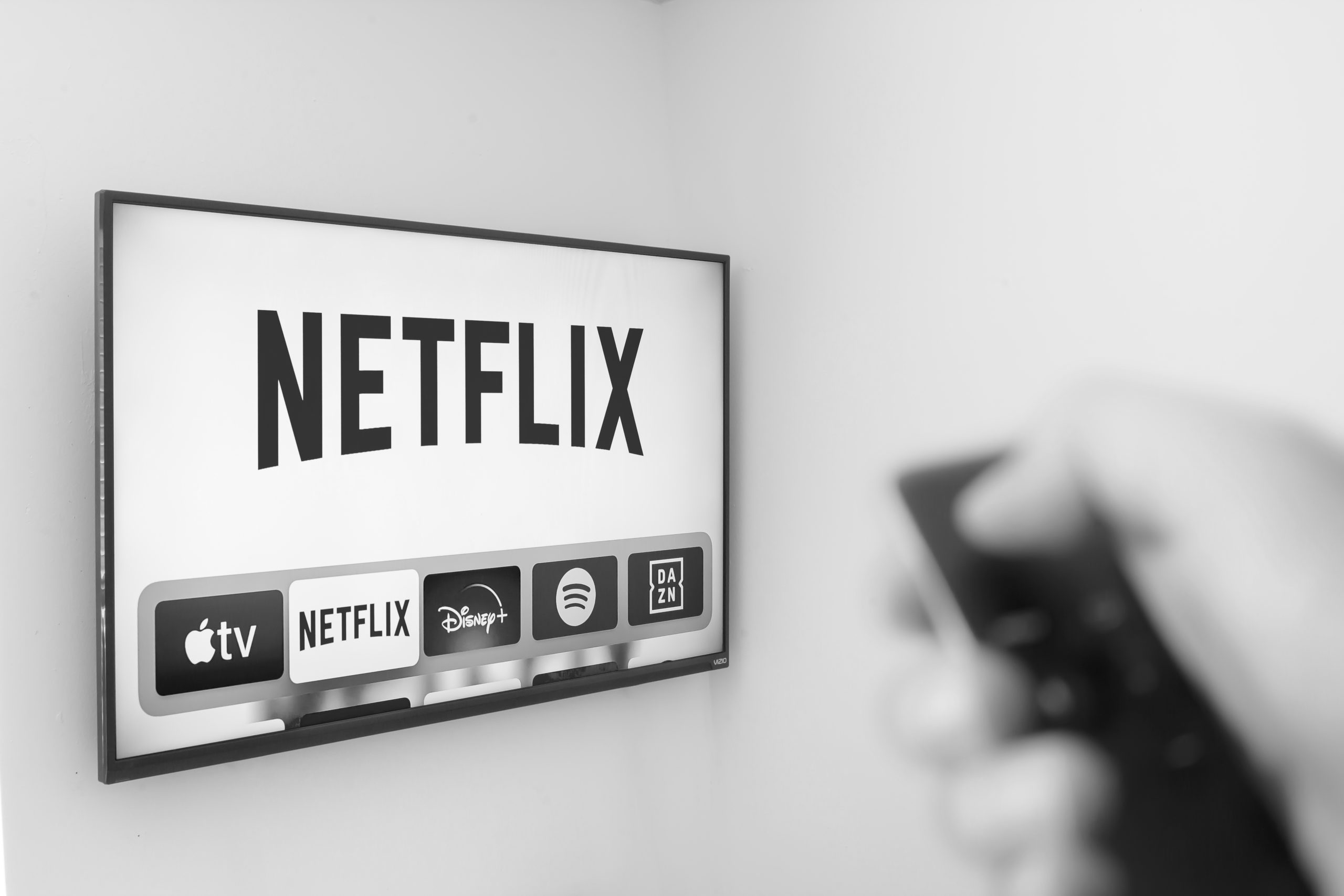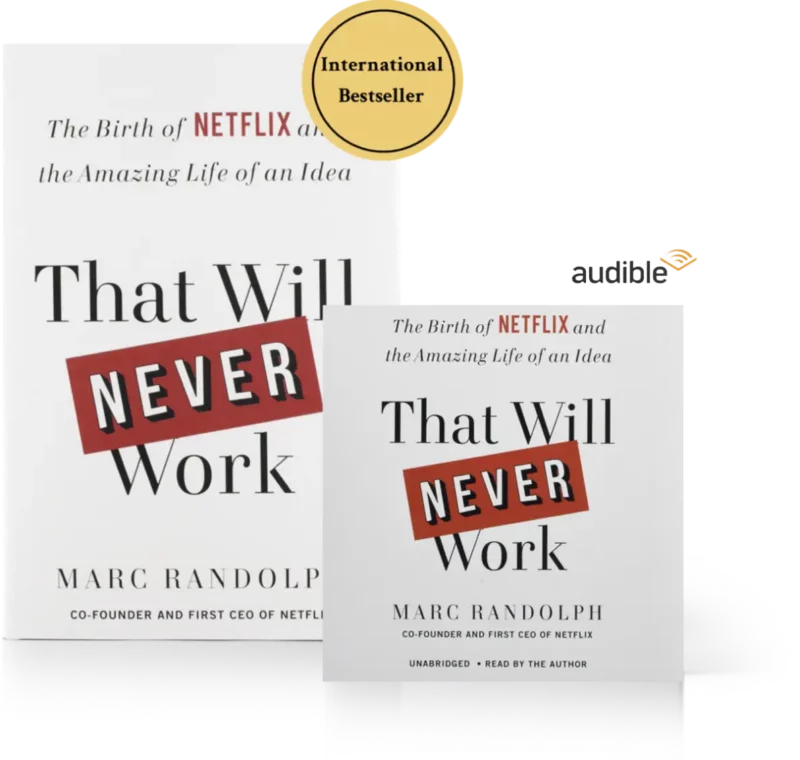Make it Easier to Succeed, Rather than Harder to Fail (AKA – Trust Your Customers)
In other words, trust your customers.


A few weeks ago, tens of thousands of Netflix users were greeted with an unexpected screen message. “If you don’t live with the owner of this account,” it began, “you need your own account to keep watching.” It helpfully punctuated the notice with a Netflix sign-up button.
When I heard this, I knew exactly what was happening; Netflix was going to address password sharing.
Password sharing is ubiquitous at Netflix, with some estimating that as many as 25% of viewers are using someone else’s account. And for years Netflix has turned a blind eye toward it. This is no casual decision, since with more than 200,000,000 subscribers worldwide, each paying an average of $10 a month, Netflix is probably leaving billions of dollars on the table.
For years, and alone among the major streamers, Netflix made the choice that it would prefer to be the company that everyone watches, rather than the company that everyone pays for.
Until now.
What is particularly surprising about this decision is not that Netflix has decided to chase down incremental revenue, but that it is violating a cultural principle that I put in place starting the day we shipped our first DVD by mail back in 1998:
“Always make it easier for most customers to be honest, rather than make it harder for some of them to be dishonest.”
Simply put, protecting yourself from the small subset of people who may choose to take advantage of you, simply makes it harder for the vast majority of people who are trustworthy. And since at heart, I believe that most people want to do the right thing, that strategy has always worked well for me.
My first job in Silicon Valley was with Borland International, a major (at the time – this was 1988) software company competing with Microsoft. I was brought in to run their direct sales, which at the time solely sold “upgrades” to existing owners. Sales were infinitesimal, and it didn’t take long to figure out why; Borland was making customers prove they were eligible, either by sending in one of their discs (yes, software came on discs back then) or a page from their manual (and yes, software was sold with a paper manual). Who was going to do that?
It was such an unnecessary step. We had their registration information. We knew most people were eligible for the upgrade. This was being done with the misguided intention of preventing even a single person from scamming them. But by putting up a barrier to prevent the handful of dishonest people from scamming them, they were forcing the much greater number of honest customers to climb over that barrier as well. Within months of putting in place a trust-based approach, the number of scams probably did go up a bit, but the number of honest customers upgrading their software went up a thousandfold, and within just a few years Borland became one of the largest direct sellers of software in the world.
But I wasn’t the only one believing in trusting customers. In 1997, my Netflix co-founder Reed Hastings and I found ourselves pitching our Series A to Benchmark Capital. I have no recollection of how the pitch went, but I’ll never forget standing in the lobby afterward, hearing Bob Kagle tell us about this $7mm investment he had just made in a company called eBay, that “get this …” he said, “actually trusts that strangers – total strangers – will ship out the products they have been paid in advance for”.
(And for what it’s worth, that investment, in a tiny company that trusted its customers, ended up being worth more than 5 billion dollars and is sometimes referred to as the best venture investment in Silicon Valley history).
There’s a long list of companies that have found tremendous success in believing in the goodness of people. See if you recognize either of these crazy ideas:
– Let a stranger – who you’ve never met – stay in your spare bedroom. And conversely, trust that when you show up in a location far from home, the room that you’re renting from another stranger will be safe, comfortable, and exactly as described.
– Let a stranger – who you’ve never met – pick you up in their car and drive you somewhere. And conversely, trust that the person you let into your car for a ride wants nothing more than to get taken safely to their destination.
Even Netflix, which started out shipping DVDs, relied on trust for years. Shipping hundreds of thousands of DVDs back and forth, it was inevitable that some were going to be lost in transit. So when a customer called to report that a disc hadn’t arrived, we didn’t try to figure out if they were scamming us – we just shipped a new one. Did that mean that some people took advantage of us, kept the disc, and reported it lost? Or course. But the vast majority of our customers – the honest ones – were delighted that we made it so easy for them.
Netflix still bases its HR practices on a version of this trust. They trust employees to decide for themselves when and how much vacation to take. They trust them to spend whatever is needed without pre-approval, or to travel in whatever manner is appropriate without travel guidelines. Rather than protecting itself from the few employees who might take advantage of the company, why not just make it easier to get things done for the ones who won’t.
Password sharing is another version of the same thing, something Reed Hastings clearly recognized when, in an analysts’ call in 2016, he said password sharing was “something you have to learn to live with, because there’s so much legitimate sharing go on.”
Some have described the current home-screen message as just a “warning shot”, and I hope that is the case. Netflix shouldn’t let themselves be drawn into erecting barriers against fraud that will end up inconveniencing all the rest of us who want to deal honestly with them. It’s hard enough to navigate the UIs of streaming services, without also having to deal with two-factor authentication or whatever convoluted mechanism they ultimately come up with.
And if Apple and Amazon can give away virtually 100% of their subscriptions for free – then Netflix can certainly afford to give away a quarter of them.
RECOMMENDED FOR YOU
Something Bad is Going to Happen. That’s Out of Your Control.
Podcast Episode 72
Is it a Culture Problem or a Hiring Problem?
October 25, 2022 • 38 min

